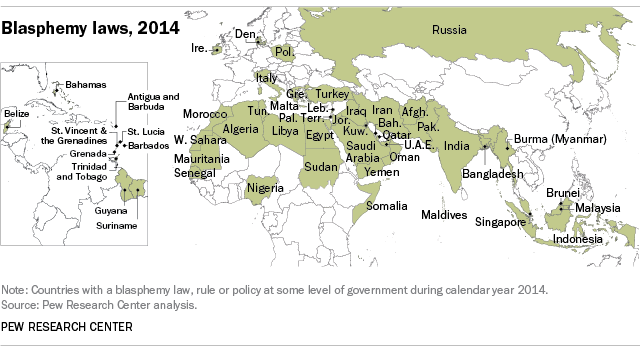Both Mung and KeithS have asked me to weigh in on the question of whether the existence of evil counts as a good argument against Christianity, as KeithS has maintained in a recent post, so I shall oblige.
It is important to understand that the problem of evil is not an argument against the existence of God or gods, but against what KeithS calls the Christian God (actually, the God of classical theism), Who is supposed to be omniscient, omnipotent and omnibenevolent. KeithS succinctly formulates the problem as follows:
Let’s say I claim that an omniGod named Frank exists — omniscient, omnipotent, and omnibenevolent. Suppose I also claim that Frank regards seahorses as the absolute height of evil. The world contains a lot of seahorses, and Frank, being omnipotent, has the power to wipe them off the face of the earth. Why doesn’t he? Why does he countenance a world full of seahorses?
KeithS emphasizes that it is not enough for the Christian to show that God is on balance benevolent. Rather, the Christian needs to defend the claim that God is omnibenevolent:
The Christian claim is that God is omnibenevolent — as benevolent as it is logically possible to be. Finding that the items on the “good” side of the ledger outweigh those on the “bad” side — if that were the case — would not establish God’s omnibenevolence at all.
Finally, KeithS provides his own take on the problem of evil:
The problem of evil remains as much of a problem as ever for Christians. Yet there are obvious solutions to the problem that fit the evidence and are perfectly reasonable: a) accept that God doesn’t exist, or b) accept that God isn’t omnipotent, or c) accept that God isn’t perfectly benevolent. Despite the availability of these obvious solutions, most Christians will choose to cling to a view of God that has long since been falsified.
He even suggests how he would resolve the problem if he were a theist (emphasis mine – VJT):
Suppose God hates evil and suffering but is too weak to defeat them, at least at the moment. Then any such instances can be explained by God’s weakness.
It addresses the problem of evil without sacrificing theism. I’m amazed that more theists don’t seize on this sort of resolution. They’re too greedy in their theology, too reluctant to give up the omnis.
I think KeithS is onto something here. In fact, I’d like to ditch the conventional Christian views of God’s omniscience, omnipotence and omnibenevolence. It’s time for an overhaul.
Continue reading →



